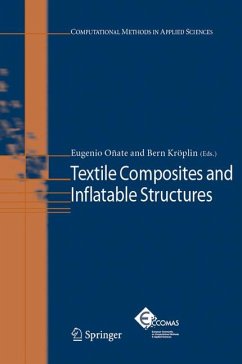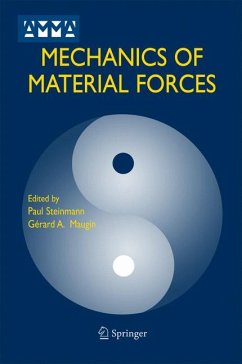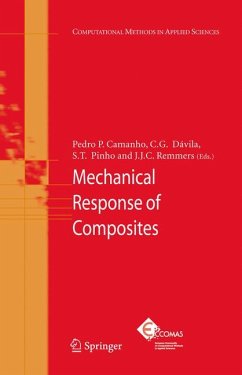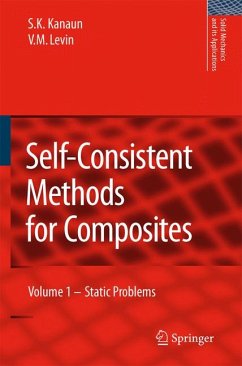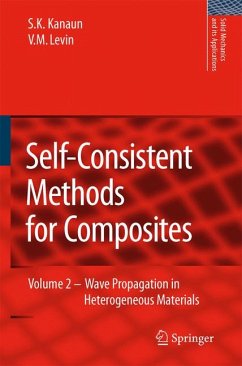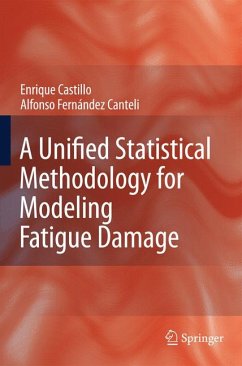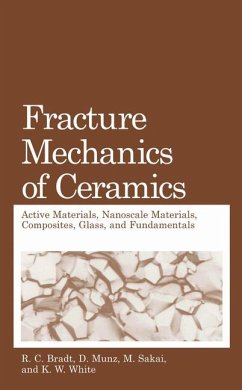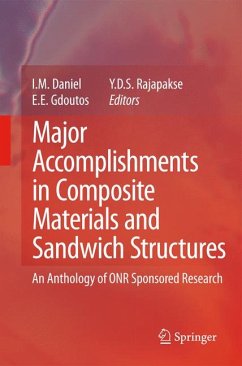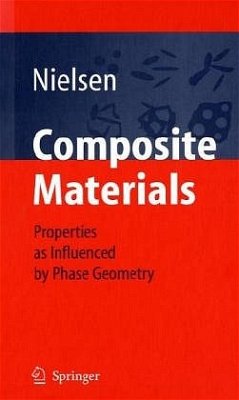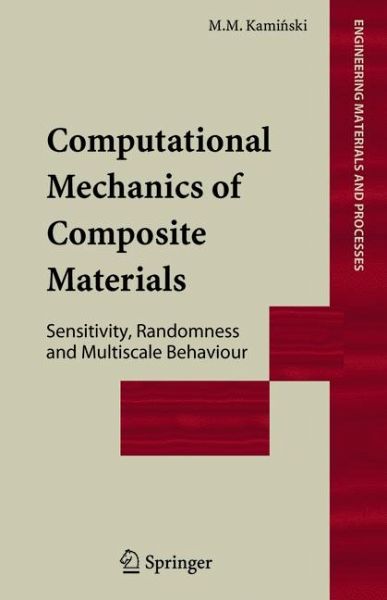
Computational Mechanics of Composite Materials (eBook, PDF)
Sensitivity, Randomness and Multiscale Behaviour
Versandkostenfrei!
Sofort per Download lieferbar
112,95 €
inkl. MwSt.
Weitere Ausgaben:

PAYBACK Punkte
56 °P sammeln!
This book will sell because it demonstrates methods of modelling widely-used composite materials that will improve their reliability and/or decrease their manufacturing costs. Both reliability and cost are vital factors in the selection of any material for use in any of the various sub-disciplines of engineering.
Dieser Download kann aus rechtlichen Gründen nur mit Rechnungsadresse in A, B, BG, CY, CZ, D, DK, EW, E, FIN, F, GR, HR, H, IRL, I, LT, L, LR, M, NL, PL, P, R, S, SLO, SK ausgeliefert werden.




